10 Best Content Management Software and Tools in 2026

Sorry, there were no results found for “”
Sorry, there were no results found for “”
Sorry, there were no results found for “”

To remain competitive in today’s fast-paced digital world, it is crucial for your business to produce high-quality content. The landscape of content management software and tools is constantly evolving, with over 800 content management systems to choose from! But how do you determine which one is right for you?
In this article, we will share the top 10 content management tools and software. Whether you are a marketer, content creator, or business owner, this comprehensive guide will assist you. You will discover industry-leading solutions that empower you to take control of your online content.
Are you ready to unlock the potential of content management and revolutionize how you create, manage, and deliver content to your audience? Let’s get started!
A content management system (CMS) is a software application that enables the creation, management, and modification of digital content. It provides a user-friendly interface to create, edit, and publish content without requiring extensive technical knowledge or coding skills.
Have you ever published a blog or edited a webpage? Then you’ve used a content management system!
A CMS consists of two main components:
CMS platforms offer various other functionalities and features, such as resource management, plug-ins and extensions, and analytics.
Before choosing a CMS platform, it’s important to carefully consider different types of content management systems. Here are the most common CMS types and their uses:
Producing quality content should be a prime aspect of your marketing strategy. And a CMS helps you do just that.
You can hire influencers to try to sell your products and services for you, and that may help to some extent. But without your own content, you won’t be able to establish yourself as a trusted voice or build customer loyalty.
Finding the right CMS and marketing tools can save you streamline workflows, enhance team collaboration, and most importantly, scale your business. Without content management tools, it would be harder to create and deliver content at scale.
Luckily, there are various types of content management tools available today to help your team and business manage every part of your work. These content management systems can work independently or together to make content creation and management easier, streamline collaboration, as well as ensure consistent branding, enhance search engine optimization, and support your needs as your business scales.
Let’s look at each one of these.
A content management system empowers your business in several ways. Update digital platforms, improve productivity, and deliver relevant content to your audience, all without technical expertise. A CMS simplifies the process of creating and managing digital content—and with the help of AI writing tools, that makes it even easier.
Without a CMS, you’d need a professional developer who knows how to code. With CMS, the code is already there. You’re in the driver’s seat for content creation, saving you time and money.
A CMS facilitates collaboration among team members. Multiple users can work simultaneously, contributing to content creation and editing. Have cross-functional teams working in different locations? Workflow management and version control are a must. This ensures content accuracy and facilitates efficient teamwork.
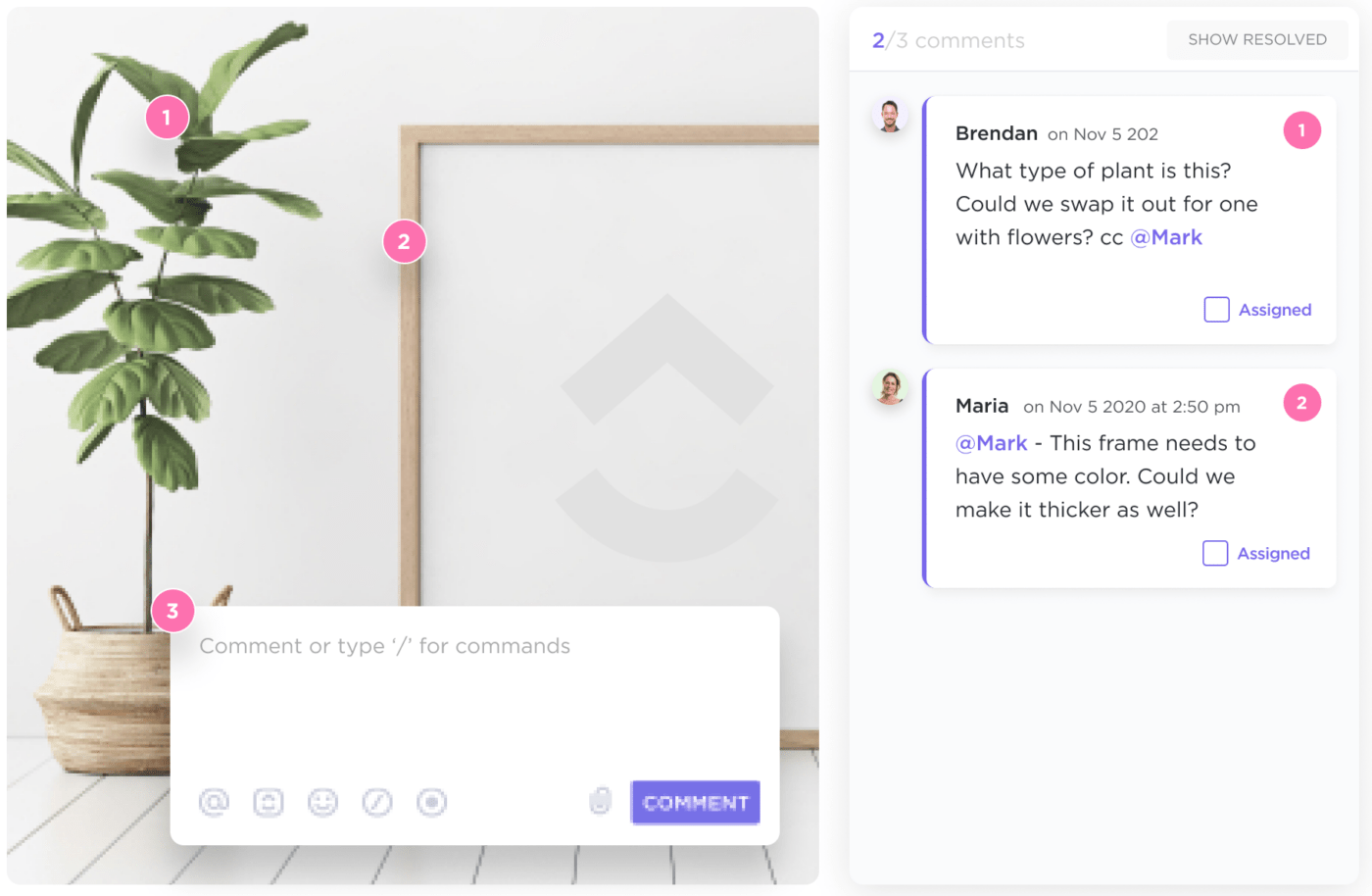
A CMS also helps your business grow and adapt. You can add new pages, sections, or features as your requirements evolve. This flexibility accommodates your expanding needs without requiring significant changes or redevelopments.
Scalable CMS platforms often have content replication and distribution features. This allows content to be replicated across multiple servers. That means servers don’t get overwhelmed. In simple terms, it increases performance so you’re website doesn’t burst with heavy traffic.
By using branding templates and themes, your CMS ensures a unified and professional look across your entire digital presence. This enhances your brand identity, reinforces customer recognition, and improves user experience to improve engagement with your customers.
A CMS should have a centralized catalog for managing digital assets, like logos, graphics, images, and videos. This keeps brand assets easily accessible to content creators. And it minimizes the risk of using outdated or unauthorized materials. By maintaining a central asset management system, your CMS enforces consistency across the entire website.
You don’t have to be an SEO wizard to get your website found. Many CMS platforms have built-in SEO tools to help. Want to optimize your home page, product pages, or blog post? A good CMS will increase your organic traffic and help you reach your target audience.
A good content management system that supports SEO project management can make a big difference for your business. It will save you time, provide flexibility, and give you greater control over your online content. Ultimately, your CMS helps you deliver a better experience to your audience and achieve your business goals.

When choosing the right content management software, consider the following elements:
By considering these elements, you’ll find a content management system that meets your needs no matter your business’ size.
Let’s start with an important caveat. Identifying the “best CMS” is impossible. As you read this list, we suggest you consider the features of each CMS based on your needs before making a decision. Weigh the pros and cons and try some out. Most have a free trial or demo.
That said, let’s look at the 10 best content management software options available.
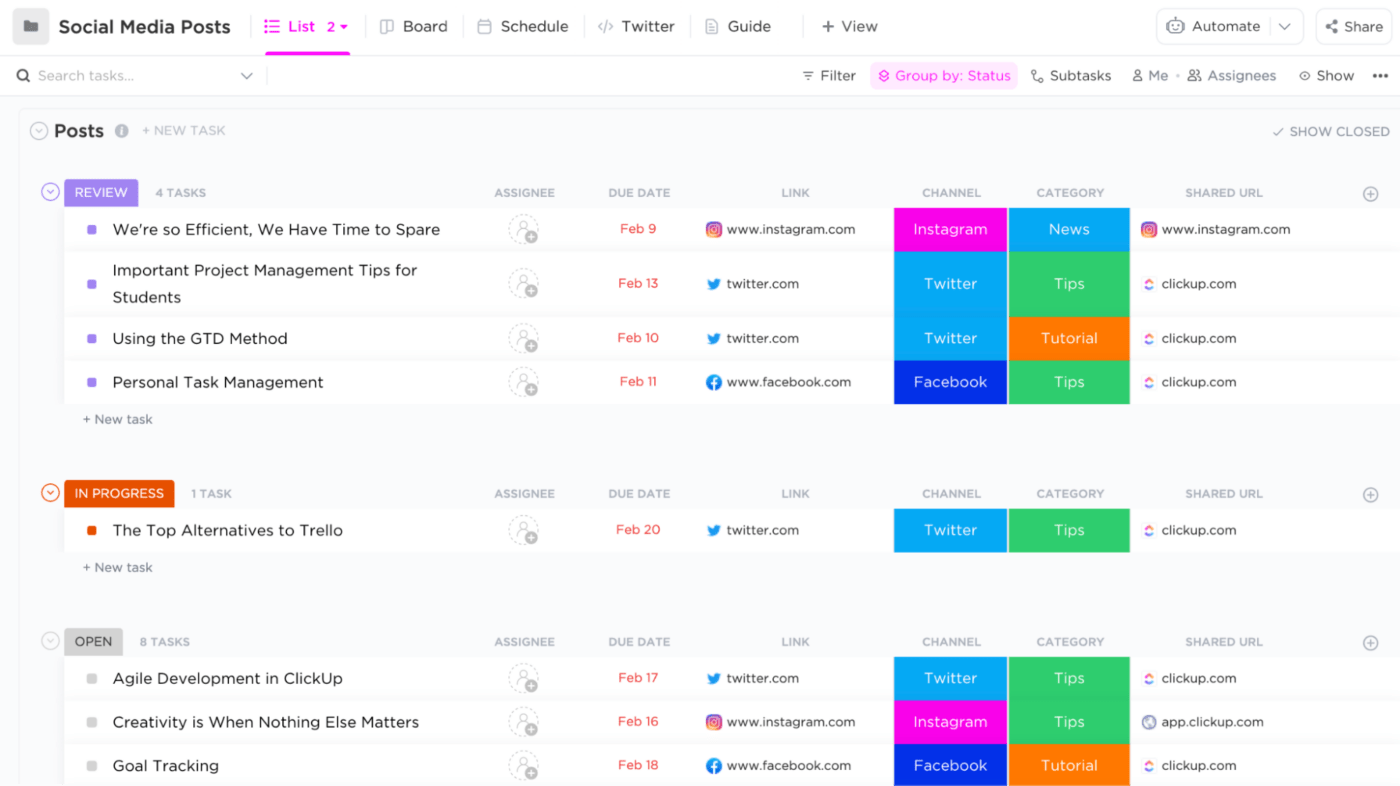
When you think of ClickUp, you probably think of project management software. That’s true. But because it’s an all-in-one project management tool that offers a fully customizable platform, any team across departments and businesses of all sizes can configure ClickUp to fit their unique needs and various use cases, including content management.
ClickUp can manage your content marketing efforts with hundreds of advanced features for marketing and team collaboration, along with comprehensive marketing templates that can be customized to fit any use case and need, such as:
These features in ClickUp can be your sidekicks for streamlining your planning process and managing content for various channels, including your website, blog, social media, and email campaigns.
What’s more, is that ClickUp offers over 15 ways to view your work, including the Calendar view for planning and scheduling your content calendar, List view for managing your content projects, Board view for easy content management and progress tracking, and so much more.
And we can’t forget about ClickUp AI—a built-in role-based, writing assistant in ClickUp. ✍️⚡️
ClickUp AI is built to help you write faster, compose engaging content, fine-tune your writing, and help you stay in your creative flow. So whether you’re writing a blog, crafting copy for a social post, or creating content marketing strategies and campaign ideas, ClickUp AI can help beat writer’s block and get more done in less time.

These advanced features and more provide a seamless experience in ClickUp and functional solutions to help you manage your teams and every part of your content management workflow.
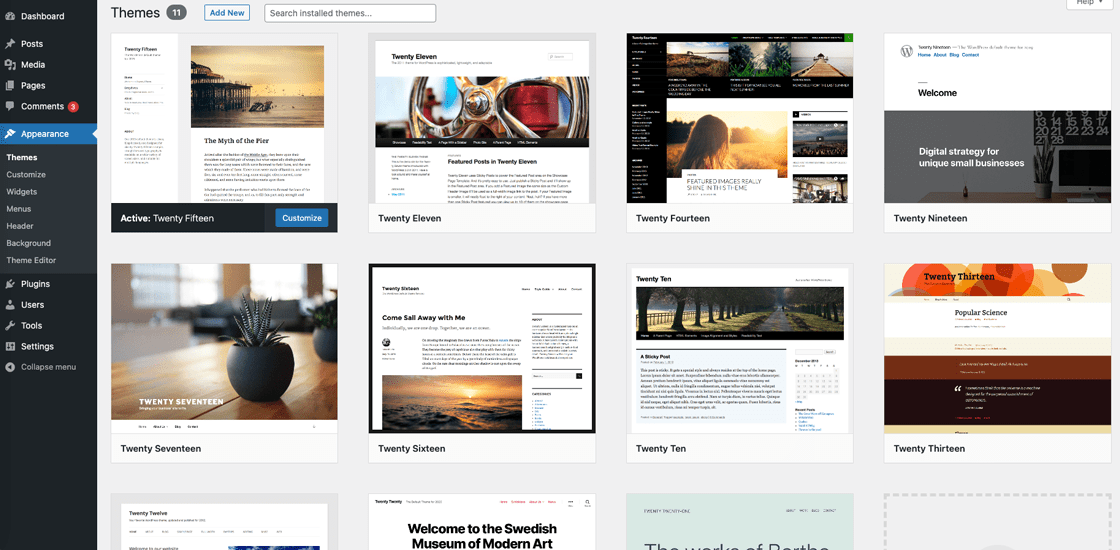
WordPress is a widely-used and versatile CMS. It’s known for its ease of use, extensive plugin ecosystem, and customizable themes.
WordPress empowers users of all skill levels to create, manage, and customize their websites. With thousands of themes and plugins available, WordPress offers unparalleled customization options. It also has a large and supportive community, providing resources, updates, and security patches.
WordPress is highly scalable, making it suitable for small businesses or large enterprises. Over 40% of the internet runs on WordPress. This proves it will continue to develop and remain compatible with various hosting providers and integrations.
It’s important to note that there is a difference between WordPress.org and WordPress.com. The main difference is WordPress.com is a hosted blogging service that allows you to create a website with WordPress software. WordPress.org is self-hosted, meaning you build the website on your own. WordPress.org is much more customizable and affordable in the long run.
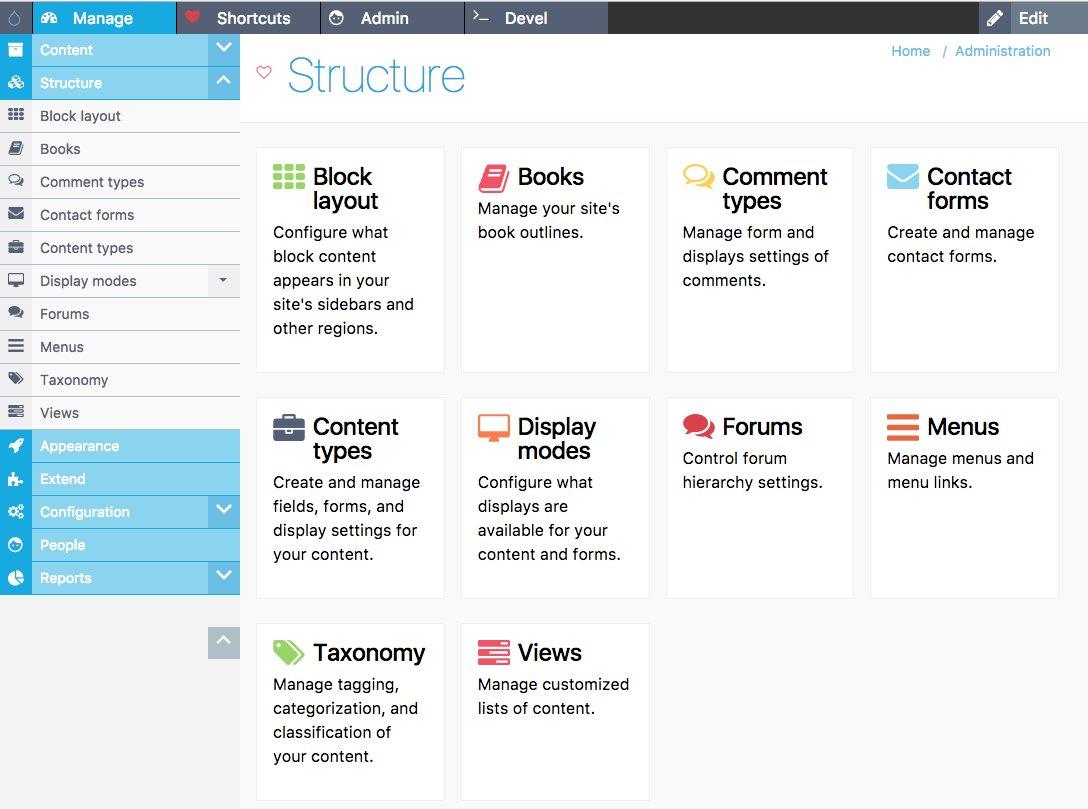
Drupal is robust, scalable, and very flexible. It offers powerful content management capabilities. It’s highly customizable, making it suitable for complex and large-scale websites.
Drupal’s modular architecture allows for easy integration with third-party systems. It also has extensive customization options to match your brand. With its advanced permission controls and security features, it’s ideal for enterprise-level projects. An active user community contributes to Drupal’s continuous improvement. So you’ll always get frequent updates and a wealth of resources.
Drupal is a reliable choice for businesses with diverse and evolving content management needs.
📮ClickUp Insight: 37% of our respondents use AI for content creation, including writing, editing, and emails. However, this process usually involves switching between different tools, such as a content generation tool and your workspace. With ClickUp, you get AI-powered writing assistance across the workspace, including emails, comments, chats, Docs, and more—all while maintaining context from your entire workspace.

Joomla is all about ease of use, extensibility, and versatility. Joomla offers a simple interface, accessible for beginners and non-technical users. Its extensions library makes customization and integration easy.
Joomla is highly scalable and capable of handling complex websites and apps. Like Drupal, it emphasizes community-driven development. You’ll always get regular updates, security patches, and a supportive user community. With its combination of features, flexibility, and extensions, Joomla is an excellent choice if you’re seeking a powerful and adaptable CMS solution.
Learn about the best Mac developer tools!
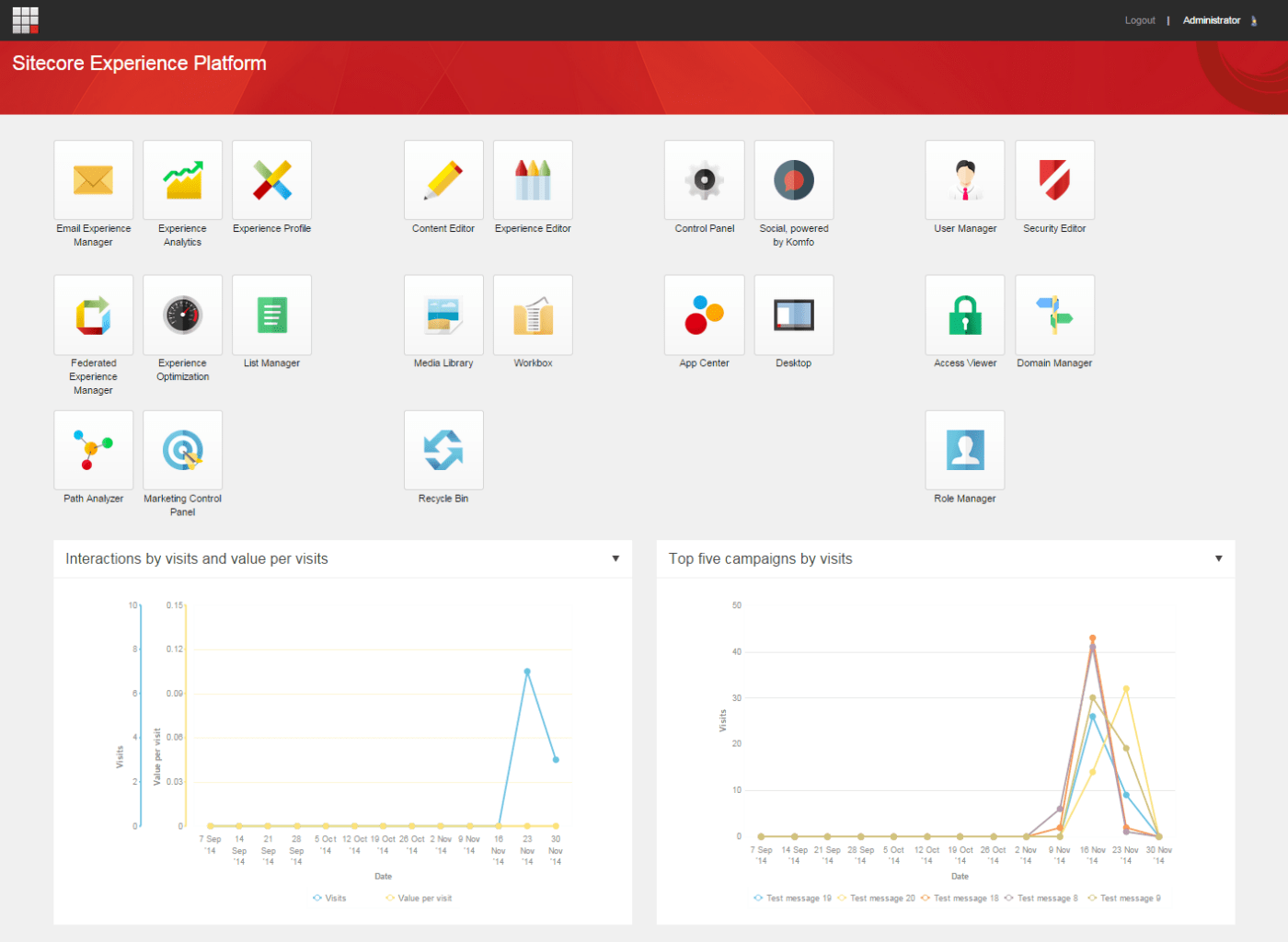
Ready to create powerful and personal digital experiences? Give Sitecore a good, long look.
Sitecore Experience Platform is a comprehensive CMS. Its digital experience platform, personalization capabilities, and enterprise-level features make it a solid CMS option. It includes multichannel publishing, workflows, content versioning, and has a vast ecosystem of integrations.
Looking for targeting content options? Sitecore’s advanced personalization and customer experience management tools handle that for you. It provides a scalable and secure platform, which is ideal for larger projects.
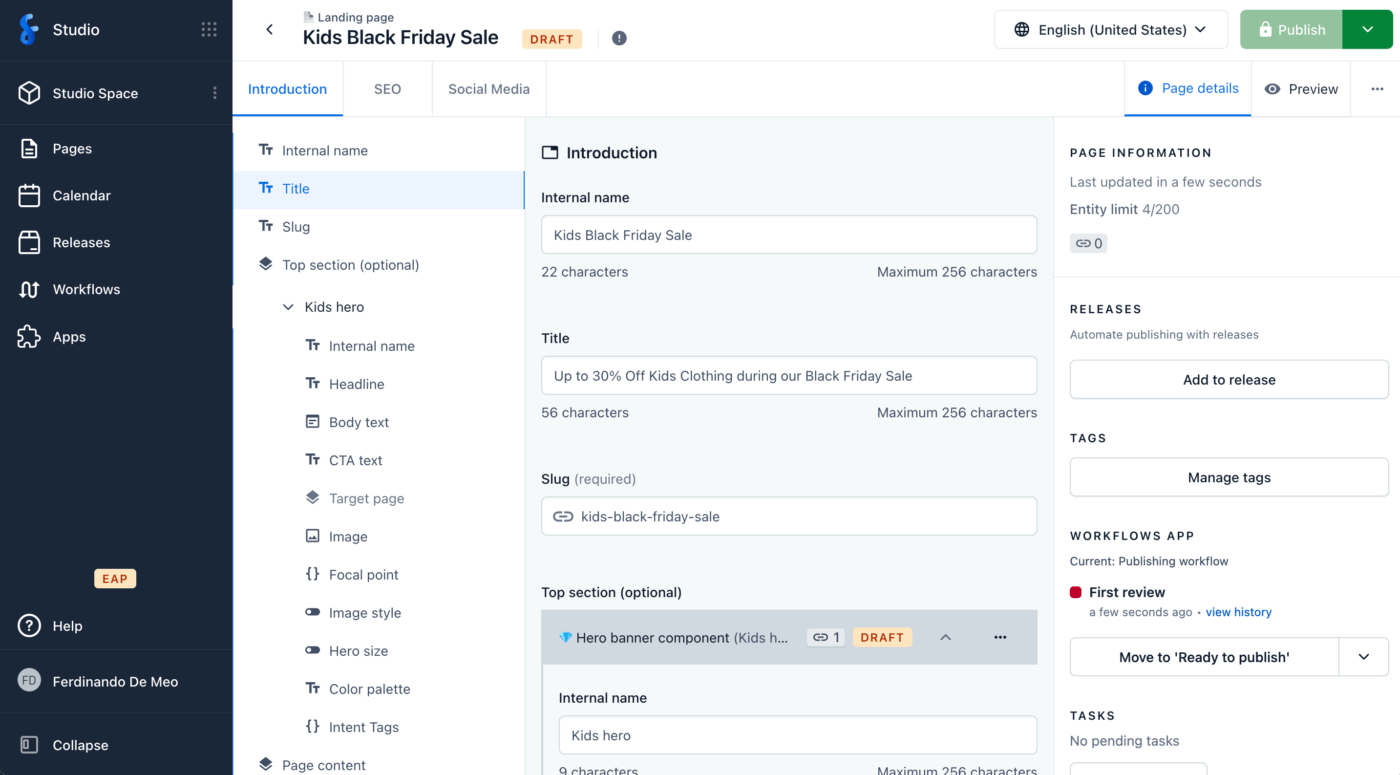
Contentful CMS is a headless content management system. It’s known for flexibility, scalability, and ease of use. It separates content creation and storage from presentation. This means businesses can deliver content seamlessly across channels and devices.
Contentful has an API-first approach. That makes it easy for developers to integrate and deliver content to any application. Thanks to its intuitive user interface, non-technical users can create and manage content.
Looking for a CMS solution developers will love? Contentful checks that box, too. Developers love their cloud-based architecture.
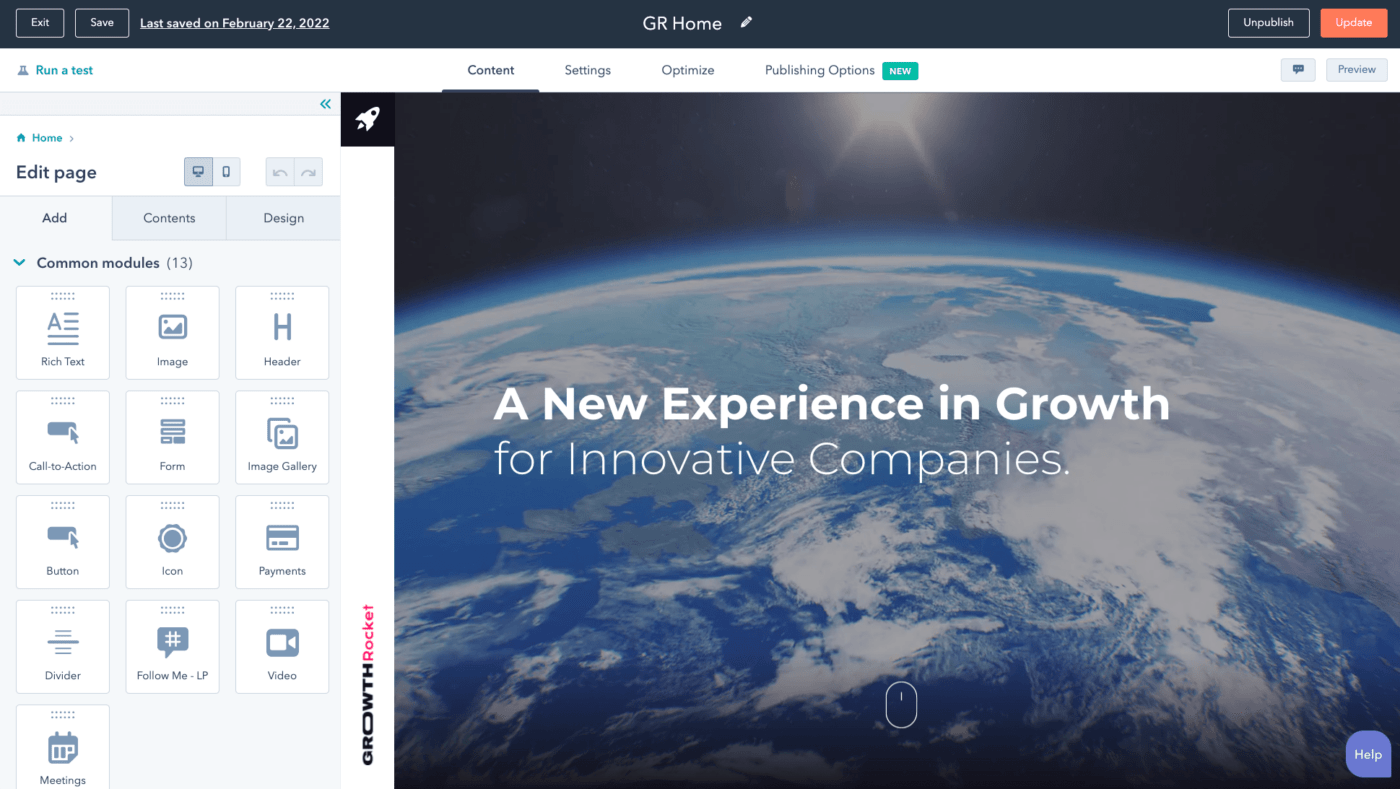
HubSpot CMS is a comprehensive content management tool. It combines website development, marketing, outreach tools, and more. HubSpot CMS enables businesses to build responsive and optimized websites with ease. It seamlessly integrates with other HubSpot tools like email tracking, marketing automation, lead management, and client relationships. Their app marketplace offers over 1,000 integrations, including one with ClickUp.
HubSpot CMS allows you to deliver highly tailored experiences to your audience. Features like dynamic personalization and smart content will help with this. It’s an all-in-one solution that empowers marketers and developers to create, optimize, and track the performance of their digital content and campaigns.
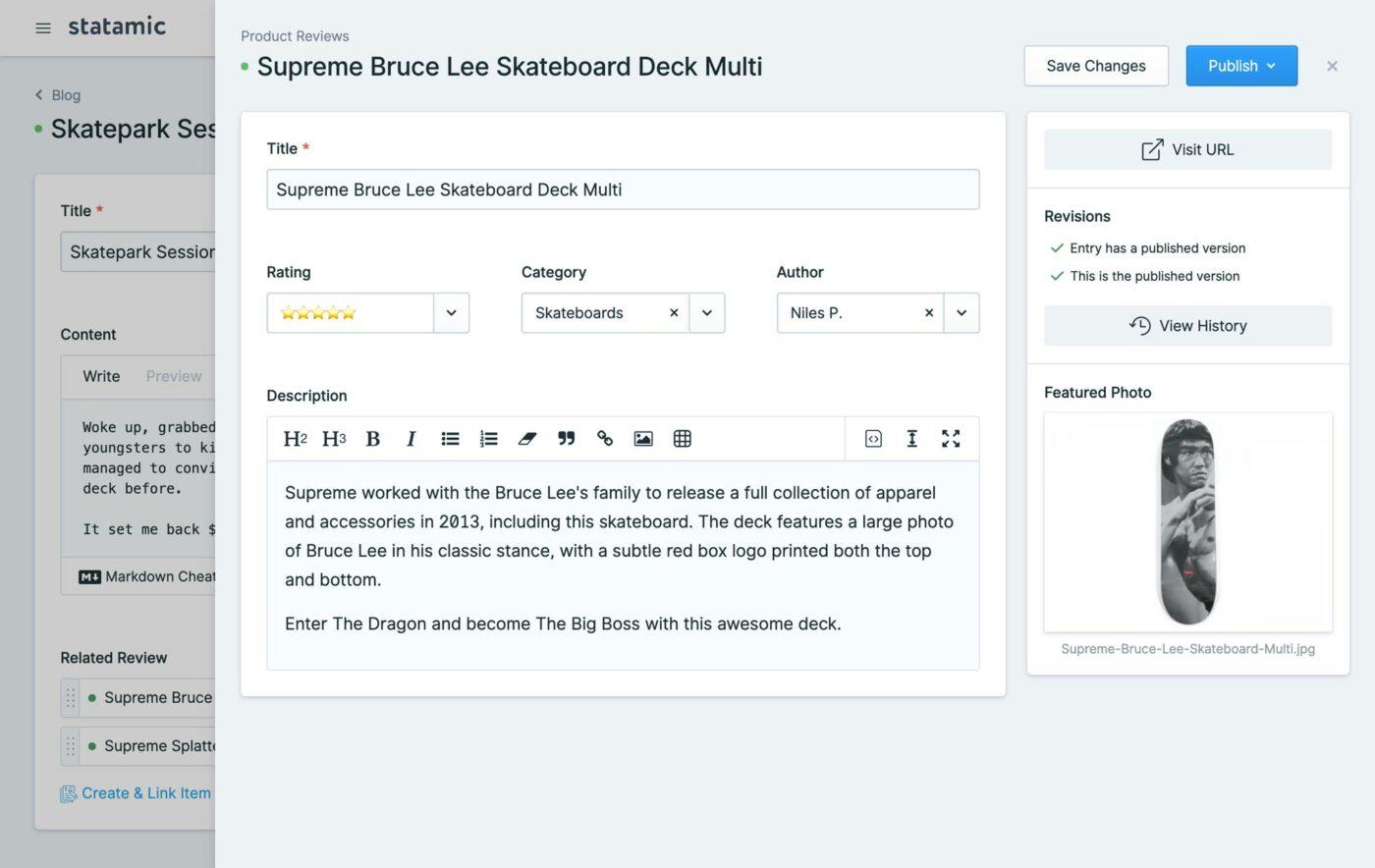
Statamic is a unique CMS in this roundup. It’s for writers, publishers, and developers. Statamic won the 2021 CMS Critics Choice Award for best flat-file CMS. Its block-based content editor received rave reviews.
It offers a clean and intuitive user interface, making content management and editing a breeze. With its flat-file architecture, Statamic eliminates the need for a database. This results in faster performance and easier deployment. Statamic’s powerful templating system and customizable fields allow for easy content customization. It also provides excellent developer tools, such as a robust API and extensive documentation.
Statamic is an excellent choice if you’re looking for a lightweight yet powerful CMS solution.
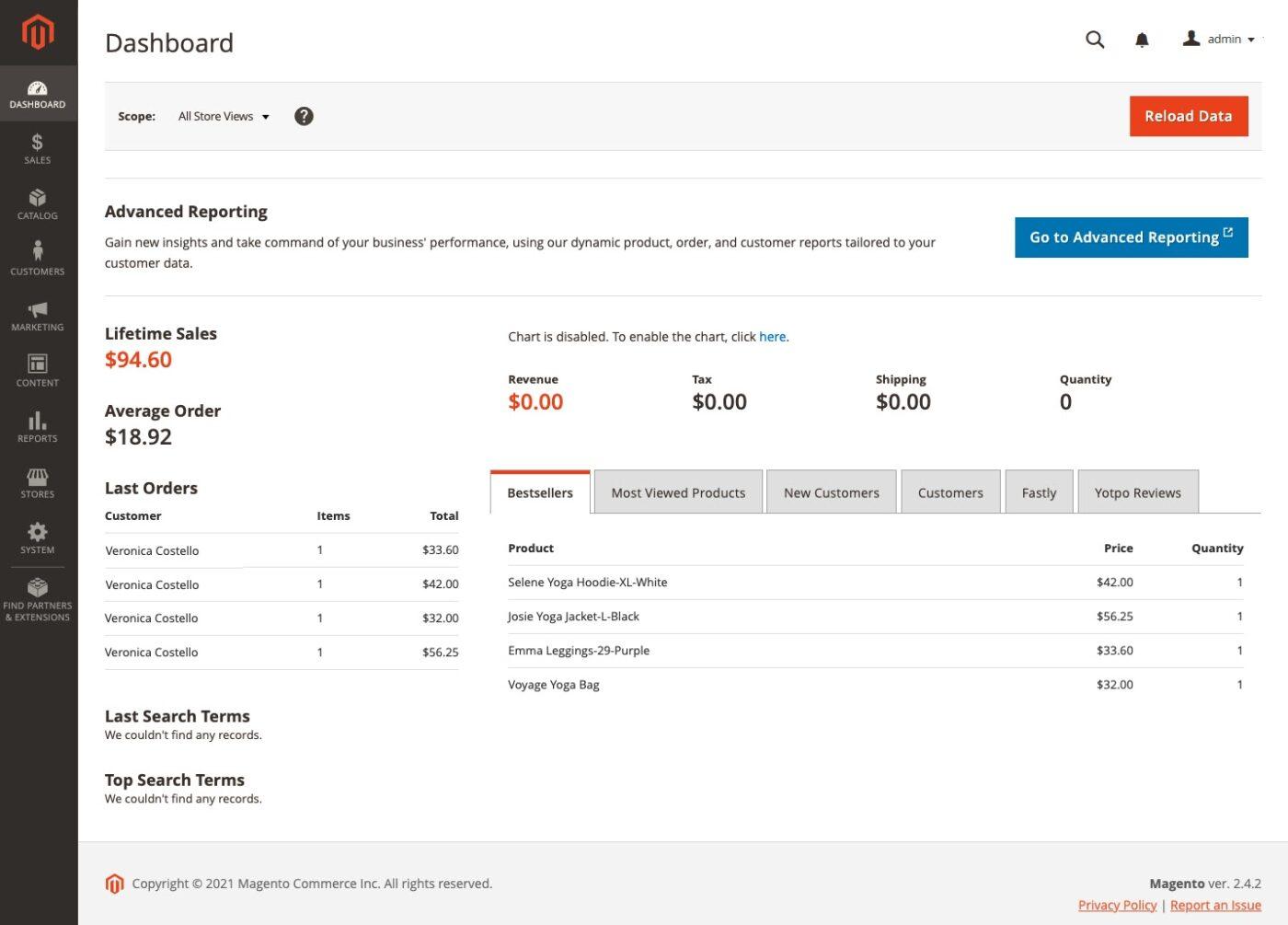
Adobe Commerce, formerly Magento, is a powerful open-source CMS. It’s a widely-used content management system specifically designed for e-commerce websites. It provides powerful features for product management, order processing, and payment integration. Magento is an ideal choice for businesses selling products online.
It offers a highly customizable platform with a flexible architecture. Developers use its extension marketplace to enhance functionality and integrate with third-party systems. As a scalable and secure CMS solution. Adobe Commerce can help your business can grow and manage its e-commerce operations effectively.

Squarespace is a popular content management software. With a simple drag-and-drop interface, users can create beautiful websites without coding knowledge. Squarespace’s templates and responsive layouts create stunning sites in a snap. It includes content management, blogging, e-commerce, SEO tools, and more.
Squarespace also handles hosting, security, and software updates, simplifying website maintenance. With its intuitive interface and polished designs, Squarespace is an all-in-one solution for your CMS needs.
Content is king. But to create great content, you need a CMS you can trust. The digital landscape is evolving rapidly. These top CMS platforms can adapt and meet the needs of businesses and individuals alike.
Whether you are a small business owner or run a large corporation, there is a CMS solution tailored to your specific requirements. With these options, you can have confidence in your content creation journey. And remember that quality content, over time, leads to business growth.
No matter which CMS you choose, ClickUp can help enhance your team’s productivity and collaboration. With our software, we consolidate all your content work in one place.
Guest Writer:

Freya is an SEO consultant that helps brands scale their organic traffic with content creation and distribution. She is a quoted contributor in several online publications, including Business Insider, Fox Business, Yahoo Finance, and the Huffington Post. She also owns CollectingCents- a personal finance blog that she grew from the ground up.
© 2026 ClickUp